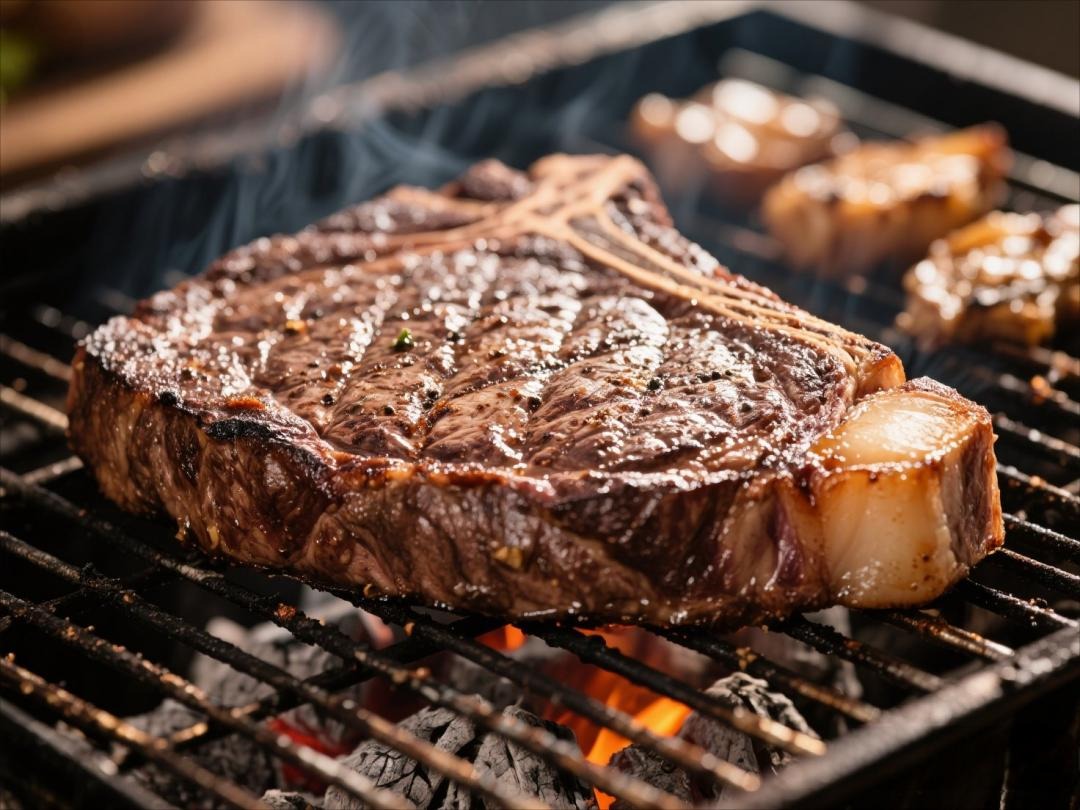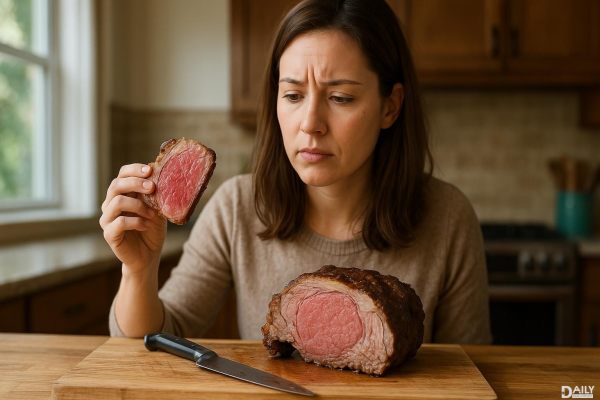Fiber is the unsung hero of your diet, quietly working behind the scenes to keep your digestive system running smoothly while offering a laundry list of other health perks. Sure, it helps you stay regular—but it also plays a starring role in weight management, blood-sugar control, and even heart health. Yet despite its rockstar status in the nutrition world, most of us aren’t getting nearly enough of it. So let’s break down why fiber deserves a prime spot on your plate and how to sneak more of it into your meals without turning your stomach into a bloated mess.
The Fiber Breakdown: Soluble vs. Insoluble
Not all fiber is created equal. There are two main types—soluble and insoluble—and each brings something unique to the table. Soluble fiber, found in foods like oats, apples, and beans, dissolves in water to form a gel-like substance that slows digestion. This helps keep blood sugar steady, lowers LDL cholesterol (the "bad" kind), and keeps you feeling full longer. It’s also a prebiotic, meaning it feeds the good bacteria in your gut, which is a win for your microbiome.
Insoluble fiber, on the other hand, is the roughage that keeps things moving through your digestive tract. Think of it like a broom sweeping through your intestines—it adds bulk to stool and helps prevent constipation. You’ll find this type in whole grains, nuts, and veggies like cauliflower and celery. The best part? Most high-fiber foods contain a mix of both, so you’re getting a double dose of benefits.
How to Sneak More Fiber Into Your Day
If you’re like most Americans, you’re probably falling short of the recommended 25–38 grams of fiber per day. But boosting your intake doesn’t have to mean choking down bran flakes or forcing yourself to eat salads at every meal. Small, smart swaps can add up fast. Start your morning with a bowl of oatmeal topped with chia seeds (just one tablespoon packs five grams of fiber). Swap white rice for quinoa or brown rice, and opt for whole-grain bread instead of the refined stuff. Snack on popcorn instead of chips, or grab a handful of almonds for a fiber-rich crunch.
Another easy hack? Keep the skins on your fruits and veggies whenever possible. A peeled apple has about half the fiber of one with the skin left on. And don’t sleep on legumes—lentils, chickpeas, and black beans are fiber powerhouses that can be tossed into soups, salads, or even blended into dips like hummus.
The Side Effects of Too Much Too Fast
Before you go all-in on fiber, a word of caution: ramping up your intake too quickly can backfire. Your gut needs time to adjust, and if you overload it with fiber overnight, you might end up with bloating, gas, or even constipation (ironic, right?). The key is to increase your intake gradually—think five extra grams per day—and drink plenty of water to help things move smoothly. Soluble fiber soaks up liquid like a sponge, so if you’re not hydrated, it can actually make digestion harder instead of easier.
And if you’re taking supplements like psyllium husk, start with a small dose and work your way up. Otherwise, you might find yourself uncomfortably full or running to the bathroom more than you’d like. Listen to your body—it’ll tell you when you’ve hit your limit.
Fiber’s Long-Term Perks
Beyond keeping you regular, a high-fiber diet has some serious long-term benefits. Studies show it can lower your risk of heart disease by reducing cholesterol and blood pressure. It also helps stabilize blood sugar, which is a game-changer for people with diabetes or insulin resistance. And because fiber keeps you fuller longer, it can be a secret weapon for weight management—no crazy diets required.
Plus, a fiber-rich diet supports a diverse gut microbiome, which is linked to everything from better immunity to improved mental health. So while you might not notice these perks overnight, your body will thank you in the long run.
Bottom line? Fiber is one of the simplest yet most powerful ways to upgrade your health. Start small, stay consistent, and before you know it, you’ll be reaping the rewards—without feeling like you’re on a restrictive diet. Your gut (and your future self) will thank you.
























